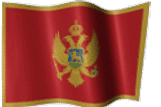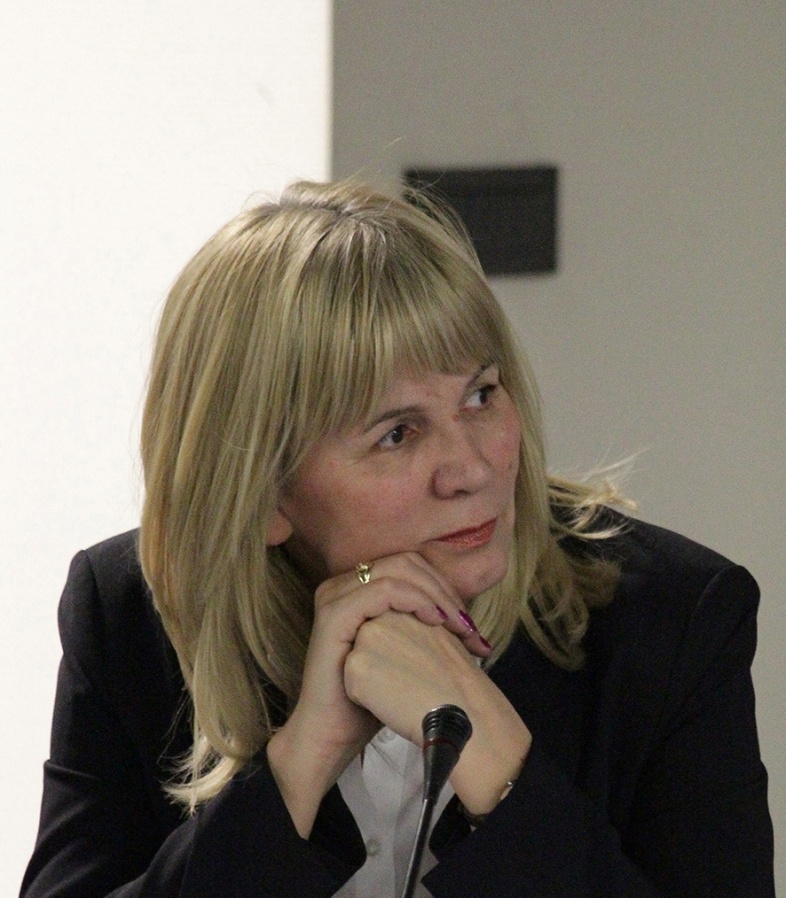1. How do you comment the announcement by the European Commission President Jean-Claude Juncker that by 2019, or by the end of the EC’s term, the conditions for the entry of Western Balkan country into the EU will not be met?
– President Junker remained consistent with his first statement on this topic, which he gave at the beginning of the mandate, that “until the next parliamentary elections and the end of mandate of this Commission – there would be no enlargement.” Simply because there is no candidate country for membership that is at the end of the accession process, and cannot be completed by then. In relation to the enlargement so far, this is certainly progress: an appeal to secure a credible perspective of membership for the Western Balkans, especially for Montenegro and Serbia.
2. The European Commission announced for February next year a strategy for the successful accession of Montenegro and Serbia to the European Union by 2025. Does that mean that Montenegro and Serbia should be included in the package to become EU members? And is this possible, given that we have moved much more in the process of negotiations with the EU?
– What is good in Junker’s “Positive Agenda for the EU by 2025”, which was recently presented to the European Parliament, is that the Commission will, in 2018, draft a “Strategy for Successful Accession of Serbia and Montenegro to the European Union” – the road map for accession countries that are the leaders of the integration process from all enlargement countries. That strategy will contain the necessary steps for ending the accession process, with a special focus on the rule of law, fundamental rights, the fight against corruption and contribution to the overall stability of the region.
From Montenegro’s perspective, it is certainly more convenient and more appropriate that the statement is addressed by first mentioning Montenegro, and then Serbia (according to the dynamics of the integration process), however, Junker listed firstly Serbia, and later Montenegro (probably guided by the criterion of the territory size, as well as the potential for creating “regional problems”). In addition to this, in our region, this has a meaning and refers to the former state arrangement, which belongs to the past.
From the perspective of integration dynamics, Junker estimates that the difference in the number of open chapters should not pose a problem for Serbia (28:10), and especially the dynamics of closing the chapters, due to its solid administrative capacity. Montenegro’s administrative capacity is certainly not a stronger side, however, there is no chapter 35 (dialogue with Kosovo), and it is also well-rated when the stability of the region is at stake. So, Junker’s assessment is that it is possible, with the inclusion of the “catching-up” principle to make this advanced “integration duet”, which then can hope for membership in the medium term.
As in life, as well as in the dynamics of the integration of the Western Balkans, everything is relative, and so is the difference in the number of open chapters and the length of the negotiations. Assuming that Serbia is allowed to “speed up” the work on economic chapters, still remains a common challenge, which is chapter 23 and 24 (rule of law). This would further mean that, through this new strategy for Montenegro and Serbia, the Commission’s progress report in these chapters, i.e. the assessment of the “fulfillment” of the transitional benchmarks would be presented, then the new (final) negotiating positions would be presented and they would get a long-awaited – the criteria for closing chapters 23 and 24. Well, in the end we just have to realize them, and there we are at the door of the Union.




